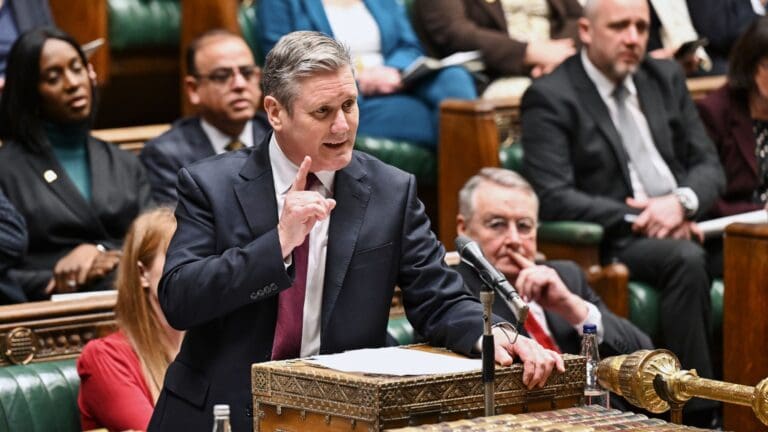
Prime Minister, Sir Keir Starmer announced new climate change targets at COP29, saying he wants the UK to take the lead on cutting emissions.
Speaking to the UN conference of parties, Sir Keir Starmer said the UK will now aim for an 81% cut in its emissions by 2035, a target which updates a 78% pledge by 2035 under the previous Conservative government.
A welcome recommitment
Malcolm Farrow, OFTEC’s Head of Public Affairs, commented: “The Prime Minister’s climate pledge is a welcome recommitment from government to tackle the climate crisis. However, increasing the target to 81% by 2035 is the easy bit; implementing successful policies to deliver net zero is a difficult task – as the previous government discovered.
“Success will only be achieved if the Government is successful in convincing citizens to take action. To do this, it’s critical that the changes are fair, affordable and avoid disruption, so that buy-in is maximised and people aren’t left behind – or disadvantaged – by the transition. While it’s tempting to simply increase capital funding for green technologies, this is expensive for the taxpayer and tends to benefit the wealthiest in society the most. It’s part of the answer, but other options are also needed.
“The more challenging target for 2035 also emphasises to need to act quickly. Solutions that can be implemented now while avoiding adverse impacts on citizens should be prioritised. Renewable liquid fuels offer a potential quick win that meets all the right criteria and would help to meet carbon budgets 4 and 5, setting the off-grid heating sector on the right pathway.”
A step in the right direction
Martyn Bridges, Director of External Affairs, Worcester Bosch, added: There is a lot to be positive about in the PM’s new climate pledge. The fact that extra bans or taxes have been ruled out, and that the Government won’t force the public into change are good tell-tale signs that the new pledge is a step in the right direction.
“However, although more details are to be revealed, there are things that need to change to ensure Starmer’s new 2030 goal is hit. For example, reducing the difference between electricity and gas prices, reforming EPC ratings and introducing incentives for homeowners to proactively replace their boiler before the end of its life.
“Also, the acceptance of additional technologies such as hybrids within the Boiler Upgrade Scheme will also help encourage people to adopt alternative technologies, aligning with the Government’s new ambition.”
Image credit: Dreamstime